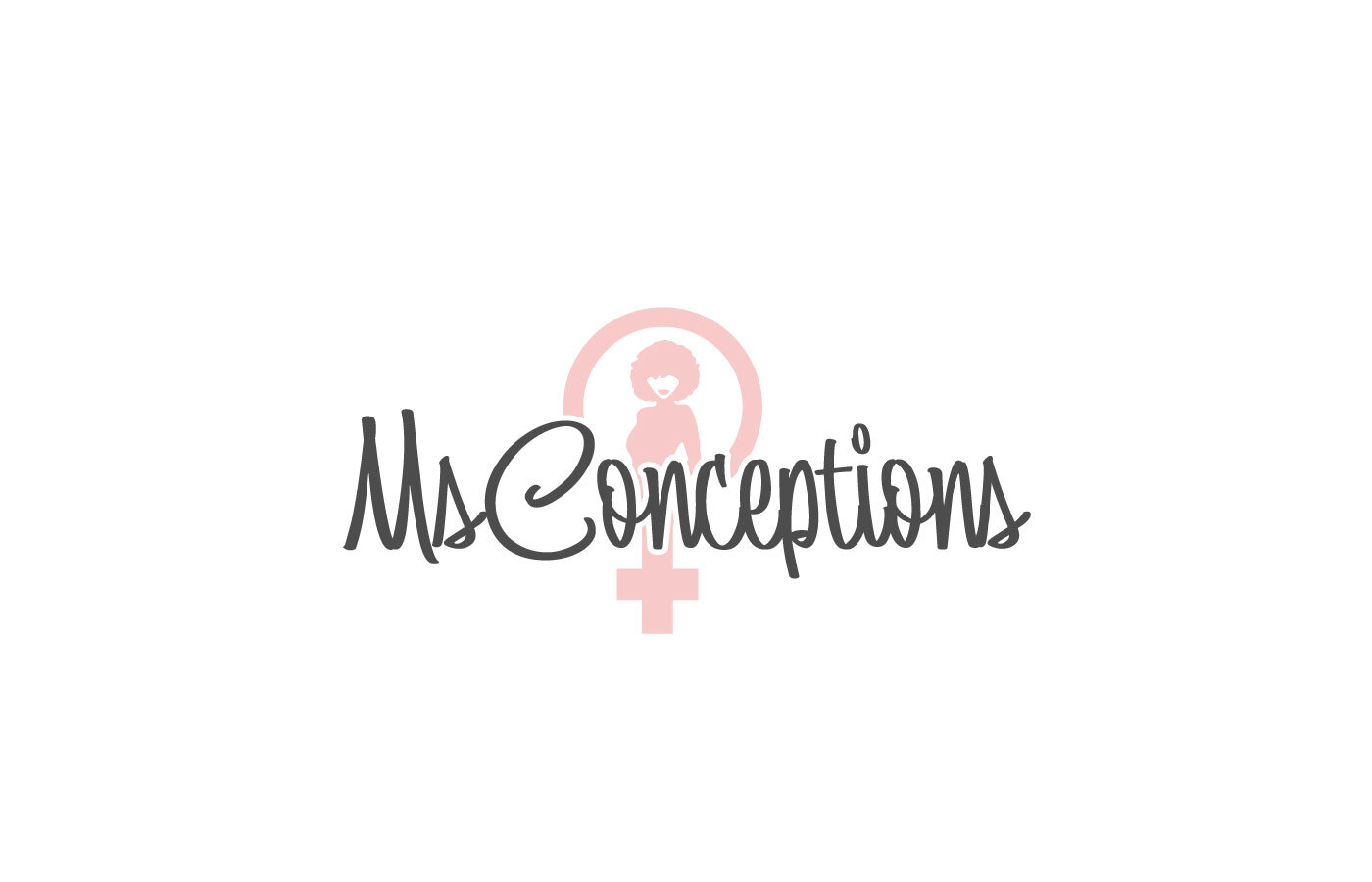Even a Therapist Needs a Therapist
It’s 2020, we’re in a global pandemic, these masks are ruining our skin, our vacations have been canceled, oh, and for a lot of us, it’s getting cold outside. With all of the major changes that have happened in such a short amount of time, have you been checking on your mental health? If you didn’t know by now, mental health is in. While there is still so much stigma around mental health, it’s a topic that is becoming less and less taboo to talk about. Whether you’re in therapy, thinking about therapy, telling friends to go to therapy, or just re-posting mental-health related memes, then you know how important it is to take care of your mind. I can’t count how many posts I’ve read with the common theme that “depression is real”. Very true, but did you know it can also be seasonal?
As a therapist, I hear so many stories of events, past and present, that provide a reason or explanation for a client’s depression. But sometimes, that reason isn’t always as evident. So, what about the depression that you can’t explain? As the seasons change, especially in the midst of a year where life has looked a lot different from how we know it, symptoms of depression may become evident. Seasonal Affective Disorder, fittingly referred to as SAD, or just seasonal depression, refers to a form of depression that generally occurs around the same time each year. The onset of SAD typically occurs during the fall season when days become shorter and, in some places, there are changes in the weather. There is less daylight, and we’re probably spending more time inside. As if COVID-19 didn’t force us to isolate enough, the changing of the seasons can only elevate feelings of sadness.
You may find yourself sleeping more, less motivated, overwhelmingly sad, changes in appetite, irritable or anxious, not wanting to engage with others, and often times a lack of energy. Speaking of low motivation, writing this short post took a week to write. But I somehow managed to prioritize all 8 seasons of Girlfriends on Netflix (let me know when y’all are ready to talk about the toxicity that was Joan and Toni’s friendship). Anyway, so you’re SAD, now what? It’s first important to call a spade a spade; don’t try to discount or undermine your feelings, they’re yours! Keeping in line with breaking this stigma of mental health, it’s okay to admit that you’re depressed. That’s step one. Recognizing your symptoms only leads to being better able to cope with them. Here are a few tips and tricks that may help in managing and making it through the season:
Get as much natural sunlight as possible
Incorporate a healthy diet
Develop an exercise routine
Maintain a consistent sleep/wake schedule, as well as a morning and night routine
Keep a journal to express feelings, track moods, and identify patterns
Practice daily relaxation techniques like meditation or progressive muscle relaxation
Reach out to and connect with family and friends for supports
Consult with a psychiatrist about medication to manage symptoms
Put an activity on your calendar to look forward to
Express gratitude daily
Engage in consistent self-care
Seek help from a mental health professional
Whether your depression is seasonal or ongoing, be sure to get the support that you need. Recognize your symptoms and ask yourself what you need. Without a balanced mental, normal functioning can be very difficult. As the seasons change and we sometimes find ourselves “sad for no reason”, remember to give yourself grace in making through your struggle. Keep it real with yourself, and also don’t be afraid to be vulnerable to others. A mantra a client unknowingly introduced me to is the idea that “some days I struggle”. There is so much power in owning your feelings. No need to push them away. Be SAD, it happens. It’s normal! But don’t be afraid to seek help when needed. You’re never alone in your struggle. All that being said, let me call and schedule a follow-up with my own therapist.


